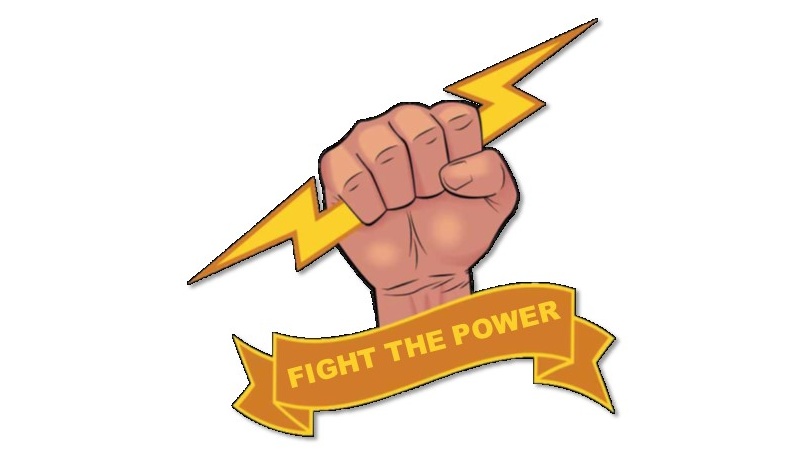Let’s beat the energy companies at their own game. Prices nudge up and up but the power’s in our hands to push usage down and down. What tricks can we use to fight back and keep cash in our own pockets? Quids in! reveals the small changes that make a big difference.
[faq p=4001]
[faq p=4003]
[faq p=4005]
[faq p=4007]

1 Challenge your supplier
We are the customer. If they want our business they have to earn it. Contact suppliers and check we’re on the best tariff for what we use and see if they have any other help they can offer us – even free gadgets to reduce our costs
2 Shop around
Grab a year’s worth of bills and check online, or visit an advice agency, to see if other suppliers will be cheaper based on how much your household uses. See if they have any discounts or schemes that could help
3 How we pay
People who are good with money always get the best deals and they know having a bank account and paying by Direct Debit is almost always cheaper. Pre-payment meters are the worst, so get rid, if that is an option
4 Smart meters
Sometimes, the worst thing is not knowing how much we will be stung for. So ask if the supplier can provide a free Smart Meter that says what costs we’re running up as we go.




